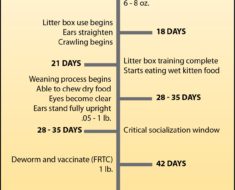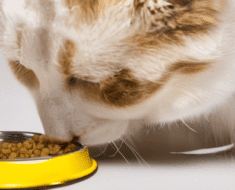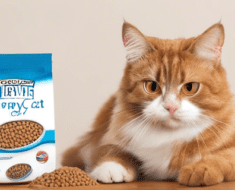If you’re a cat owner, you must know the signs of joint pain in your beloved pet. Just like humans, cats can suffer from joint issues affecting their quality of life. Understanding and recognizing the symptoms of joint pain is essential to providing your furry friend with the care and support they need.
Signs of Joint Pain in Cats
Cats are masters at hiding their discomfort, but some common signs may indicate they are experiencing joint pain:
- Limping or favoring a specific leg
- Reduced activity levels
- Difficulty jumping or climbing stairs
- Swelling or stiffness in the joints
- Increased irritability or aggression
- Changes in grooming habits
If you notice any of these signs in your cat, it’s essential to consult with your veterinarian for a proper diagnosis and treatment plan.
How to Help Your Cat with Joint Pain
Fortunately, there are several ways you can help alleviate your cat’s joint pain and improve their quality of life:
1. Provide Comfortable Accommodations
Ensure your cat has a cozy bed with soft bedding to support their joints while they rest. Elevated feeding and water stations can also help reduce strain on their neck and back.
2. Maintain A Healthy Weight
Excess weight can exacerbate joint pain in cats. Keep your furry friend at a healthy weight through a balanced diet and regular exercise to reduce strain on their joints.
3. Gentle Exercise
Encourage gentle exercise activities for your cat, such as interactive play sessions and low-impact games to help maintain mobility and flexibility in their joints.
4. Joint Supplements
Discuss with your veterinarian about incorporating joint supplements, such as glucosamine and chondroitin, into your cat’s diet to support joint health and reduce inflammation.
5. Warmth Therapy
Provide your cat with warm and cozy spots to rest, as heat can help soothe sore joints and provide relief from pain.
6. Veterinary Care
Regular vet check-ups are essential to monitor your cat’s joint health and address any issues promptly. Your vet can recommend additional treatments or pain management options if needed.
Remember, early detection and proactive care are key to managing your cat’s joint pain effectively. By staying alert to the signs of discomfort and taking proactive steps to support their joint health, you can help your feline companion live a comfortable and active life.
Frequently Asked Questions For How Do I Know If My Cat Has Joint Pain And How To Help Them: Expert Tips
Faq 1: How Can I Tell If My Cat Is Experiencing Joint Pain?
Joint pain in cats can be detected by observing signs such as limping, reluctance to jump, and difficulty in grooming.
Faq 2: What Are The Common Causes Of Joint Pain In Cats?
Common causes of joint pain in cats include arthritis, injuries, obesity, and age-related degenerative conditions.
Faq 3: How Can I Help Alleviate My Cat’s Joint Pain?
To alleviate your cat’s joint pain, provide a comfortable and warm sleeping area, use ramps to minimize jumping, and consult with your veterinarian for pain medication or supplements.
Faq 4: Can I Make Dietary Changes To Manage My Cat’s Joint Pain?
Yes, you can make dietary changes by feeding your cat with high-quality, balanced food that includes joint-supporting ingredients like omega-3 fatty acids and glucosamine.
Faq 5: When Should I Seek Veterinary Assistance For My Cat’s Joint Pain?
It is advisable to seek veterinary assistance if you notice persistent signs of joint pain in your cat or if their mobility significantly decreases. Early intervention can help prevent further discomfort and improve your cat’s quality of life.






